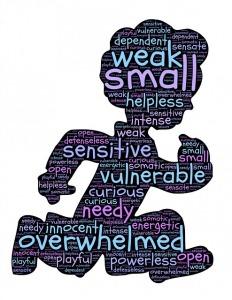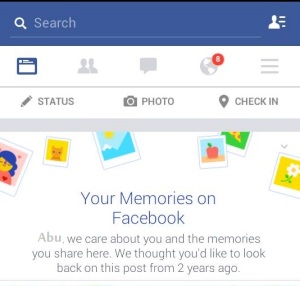
Gyanpeeth is one of the two most prestigious literary awards in India. The criteria for selection and adjudication is quite strict and only the very best are considered worthy of these prizes. The 2014 Gyanpeeth award was given to Marathi writer Balachandra Nemade, and on the day he was declared winner, he called for banning English as a medium of education in India!
It may sound a racist comment, but on closer look, his arguments are not racial but intellectual. He cites a Worldbank report and a Paris declaration by world’s leading linguists, both from the 1960’s and argue that educating children in primary classes in the vernacular languages increases the chance of the actual learning manyfold, while teaching in a foreign language decreases the chance of the transfer of knowledge from the teacher to the pupil and increases dropout rate. But it’s a natural thing isn’t it? It is yes. So it should be the case in education in our country too right? The answer is, yes, and no. Yes teaching is done in the native language – Urdu for most part – but the education material is mostly in English.
The case for native language primary education though, is quite well established and there are certain organizations championing this cause. What escapes under the radar, in my opinion, is the emphasis on English in higher education. This scribe has been honored to have acted as a recruiter for his software firm for over a decade now, and what stands out in case after case, is that 90 percent of the candidates are just terrible at English, not just speaking, but reading and comprehending it. Some of them are brilliant at problem solving – a skill more valuable as a programmer than reading the New York Times- and we ultimately end up hiring them despite their obvious lack of ability to read technical documents, something that may be done for them.
Apart from some institutions who are required by their charter- perhaps like Urdu University- to use Urdu as the medium of education, most educational institutions require their students to take their tests in English. I have been able to look at the syllabi and course outlines of many different technology institutes in Karachi, I have myself taught a few courses, and I have talked to many teachers in many different institutes and a pattern is undeniably there, the language of text is English, the language of communication is Urdu.
May be it’s more to do with demography that students from some localities are good at English and are able to understand and communicate freely in a second language. But that in itself is an indictment on the current approach to education. The students who aren’t good at English aren’t just so because they never went to an English medium school – the medium of primary education, especially in the private sector, is almost never Urdu- but because it takes a lot more than just the subtitle ‘English Medium” for education to be in English, add to that the domestic lives of students where they hardly ever speak other than the vernacular that most students never seriously try learning the language that’s been determined for them by the authorities.
Then there’s the fear of ‘acting burger’! In their famous book Freakonomics, the authors argued that the reason many African American youth don’t pursue a formal college education is that their peers term that as an effort to look like the white people, or in other words, they are ‘acting white’. This unique kind of peer pressure, as the authors suggest, has forced many an African American youth to forego good grades and settle for a more ‘normal’ kind of future. Arguably the same may be said about the students from less English comprehending localities who settle for bad grades to avoid the imminent ragging.
Furthermore, it’s been observed that all this shuttling, between the foreign language and the native, clouds the mind. It’s not a secret that our ability to think is confined by our language- learn any new language, and the secret to excel is to think in it. So when we force the students to learn in a different language and don’t provide them with a suitable environment to groom that skill, it’s very likely they end up having under developed skills of critical thinking and problem solving, skills much more important as humans than being able to take orders in another language.
A 2005 Worldbank report for its Education For All initiative cites many reasons why many countries opt for an alien language to teach. One of them was the unavailability of resources -material and teacher training- in vernacular languages. But the same report suggests that technology will hopefully be available for cheaper production of education material. One feels that in the not so distant future, the native languages, especially Urdu, will overtake English as the medium of education.
But in the mean time, we must do something about higher education. It’s true that the technical material, especially the cutting edge of technology, is much less available in Urdu than English. For this the answer maybe, we can translate. Then there’s the doubt if Urdu is able to express technical terms without suppressing the actual meaning, to which it may be said, it’s Urdu, it’s a montage of languages by definition.
Apart from that, even if textbooks and technical material remain in English, the choice of language while attempting the paper should be left with the students. I’ve seen some copies of some students, and if I wasn’t able to know them personally, I wouldn’t have understood what exactly are they trying to say. So in places where paper checkers are different from instructors, this may be a potential difference between a C and a B+ grade. We may allow the ubiquitous Roman method of Urdu writing, or plain old right to left script, whatever the student is most comfortable with.
English isn’t really a killer language, it just happens to be language of the last rulers of this part of the world. Nemade himself said that English should be used wherever required, but more as a footwear that we wear to places. One may say, that we’re treating our native languages in much the same way.


